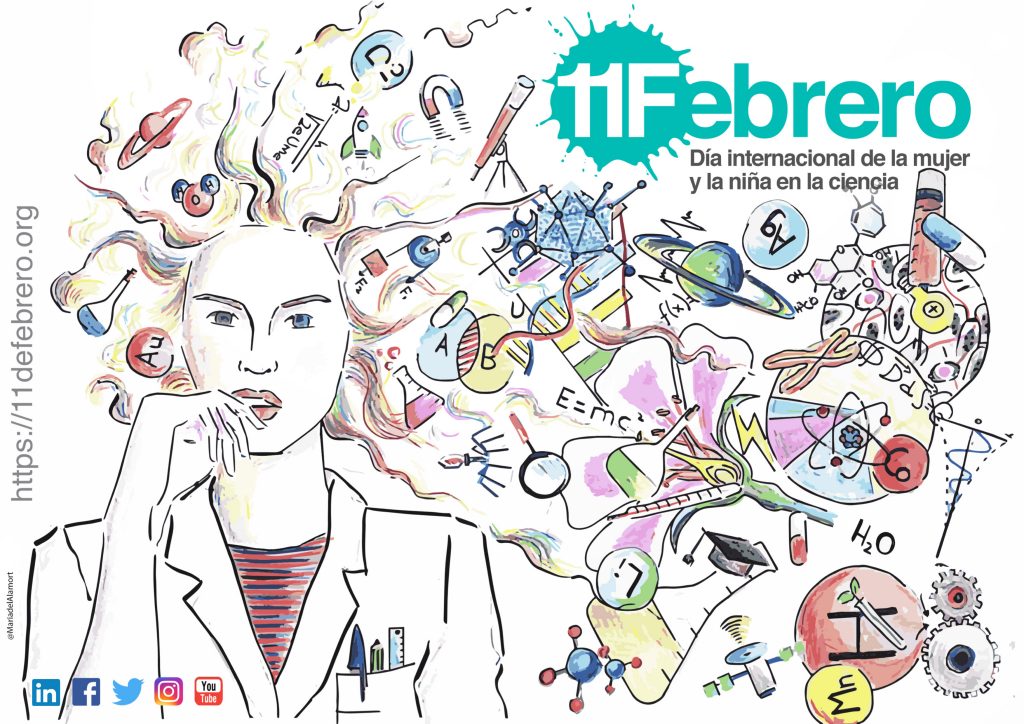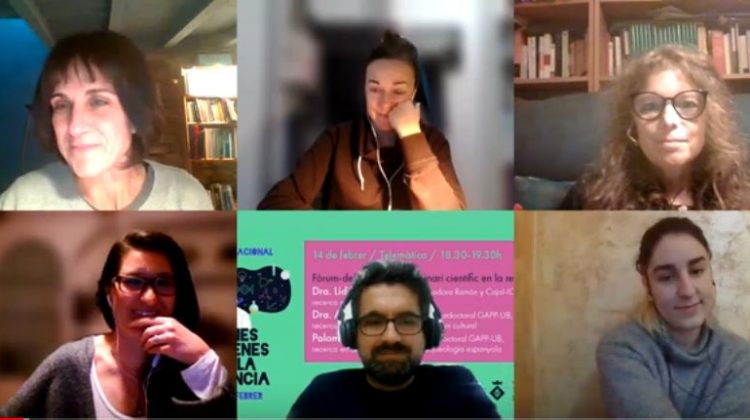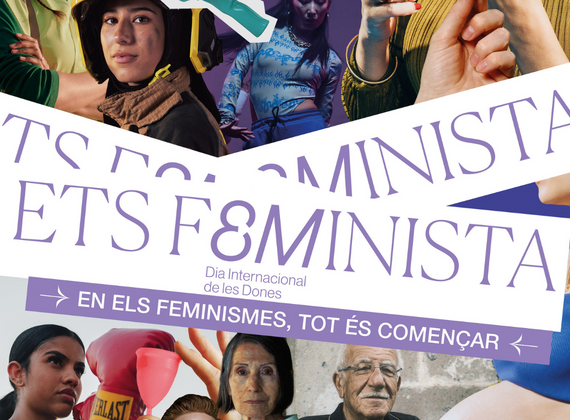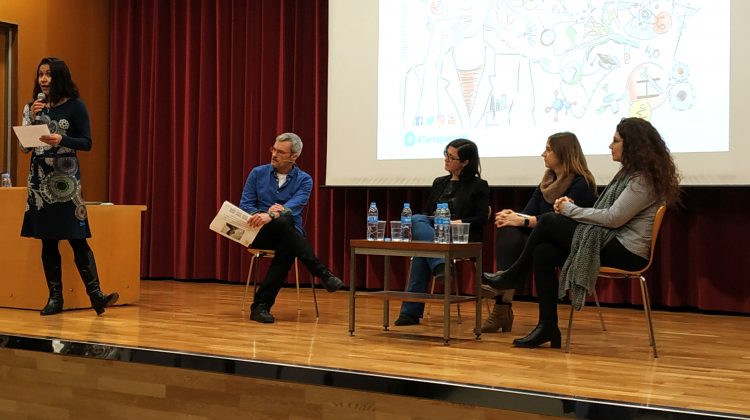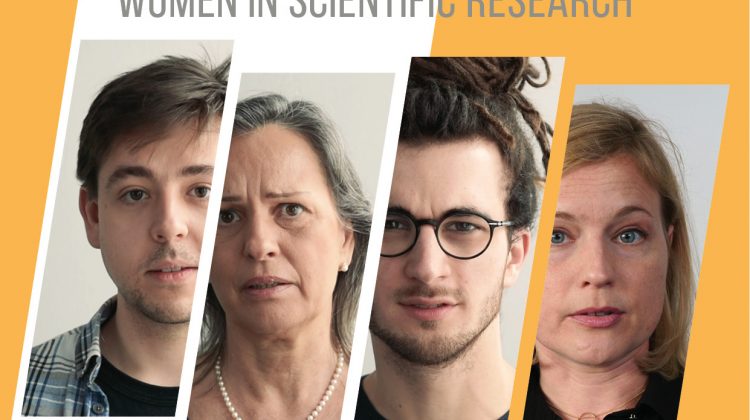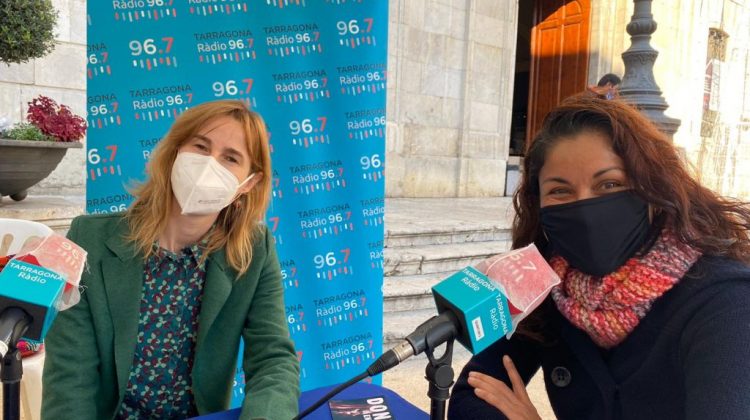Only 30% of researchers in the world are women and about 30% of all female students choose higher studies in the field of science.
On December 15, 2015, the General Assembly of the United Nations proclaimed February 11 as the International Day of Women and Girls in Science.
«To rise to the challenges of the 21st century, we need to harness our full potential. That requires dismantling gender stereotypes. On this International Day of Women and Girls in Science, let’s pledge to end the gender imbalance in science». UN Secretary-General António Guterres
At present, less than 30 per cent of researchers worldwide are women. According to UNESCO data (2014 – 2016), only around 30 per cent of all female students select STEM-related fields in higher education.
Long-standing biases and gender stereotypes are steering girls and women away from science related fields. As in the real world, the world on screen reflects similar biases—the 2015 Gender Bias Without Borders study by the Geena Davis Institute showed that of the onscreen characters with an identifiable STEM job, only 12 per cent were women.
Historically, the role of women in the field of science has been in the background. With exceptions, the work of women scientists has been overlooked, ignored or attributed to their male colleagues. This was denounced by Matilda Joslyn Gage, the inspirer of the #NoMoreMatildas campaign. But today it is still necessary to vindicate the role of women in research.
ICAC wants to support this cause. This year it will be collaborating with awareness-raising actions on social networks, where we will share content, resources, proposals … and, very especially, we will introduce some of our female researchers. Follow us on Twitter!
A vindication of female talent that we want to extend to everyone, encouraging you to make your contributions and publish your own videos, using the hashtags #expertesICAC # Tarragona11F # 11F2021 #DonesiCiencia.
Coneixeu la Dra. Alexandra Livarda? Aquesta #arqueologa és investigadora #RamonyCajal a l’equip @GIAP_ICAC i està especialitzada en #arqueobotanica
👩🔬 Les restes arqueològiques són les seves pistes per entendre la vida quotidiana del passat… #expertesICAC #Tarragona11F
📽️ pic.twitter.com/G0GjpnAdEO— ICAC, Institut Català d’Arqueologia Clàssica (@ICAC_cat) February 11, 2021
A l’#ICAC hi ha unes investigadores predoctorals excel•lents! @FortunyKaren i @LGalanPalomares són, a més, membres molt actius a l’Institut i contribueixen positivament en la construcció d’un entorn de treball més just i igualitari. Gràcies!#expertesICAC #Tarragona11F
📽️ pic.twitter.com/bvYBHEYSRA— ICAC, Institut Català d’Arqueologia Clàssica (@ICAC_cat) February 11, 2021
La Lídia Colominas és investigadora @GIAP_ICAC i és una #expertaICAC. A través de l’estudi dels ossos dels animals podem incidir en qüestions com la identitat social o les desigualtats en les societats antigues. Impressionant, oi? #Tarragona11F
Entra vídeo: pic.twitter.com/sSdxacDhS2— ICAC, Institut Català d’Arqueologia Clàssica (@ICAC_cat) February 11, 2021
Coneixeu l’arqueologia del #paisatge i l’ #arqueomorfologia? La @Xusa_Ortega investigadora @GIAP_ICAC ens ho explica en el seu vídeo 👏👏👏#expertesICAC #Tarragona11F
📽️ pic.twitter.com/Zm25z4cr55— ICAC, Institut Català d’Arqueologia Clàssica (@ICAC_cat) February 11, 2021

